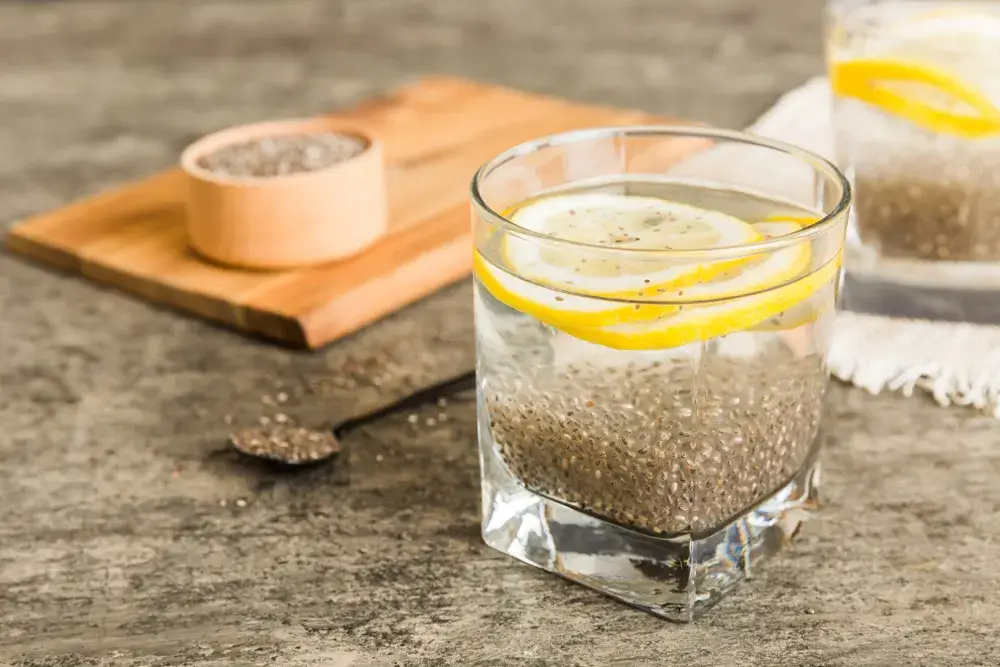The Cortisol Diet: De-Stress Your Body & Mind with the Right Foods
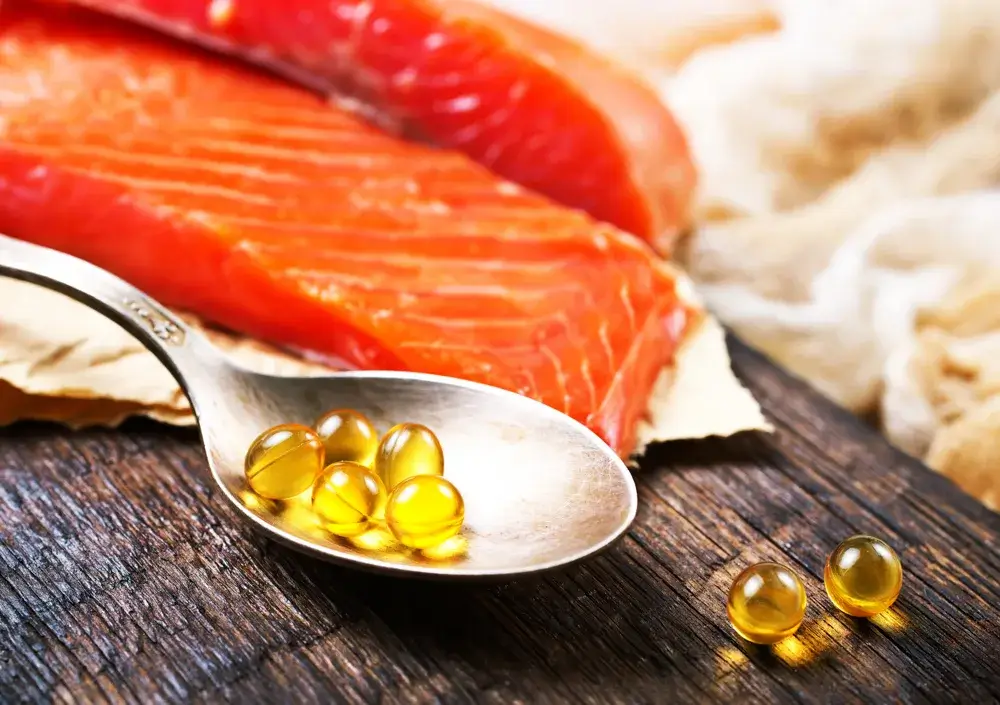
It is 2 AM, and you are lying in bed wide awake. For some reason, you can’t seem to fall asleep. Your mind is racing, and you feel wired despite the exhaustion. The fact that you can’t seem to fall asleep yet you have that important meeting tomorrow is making it more troublesome to fall asleep. It is a vicious cycle of sleeplessness, if you will. If this sounds familiar, then your cortisol levels might be out of wack.
Yes, life can be a bit exhausting. You’re juggling work, family, relationships, errands, and maybe even trying to squeeze in some me-time. It can be overwhelming.
And while meditation apps, yoga, and other holistic practices for stress management can be valuable tools, there is something simpler and more basic you can try-the cortisol-lowering diet. All it takes is simply giving your body what it needs to fight, one bite at a time.
Keep reading to understand your body’s stress hormone, cortisol, and how the right foods and supplements can help you manage it like a pro. Trust me, you’ll feel calmer, more in control, and, I dare say, a little upbeat.

The Best Foods to Help You Reduce Cortisol Levels
Whole grains
Whole grains such as oats, quinoa, and brown rice keep your blood sugar steady so that your energy remains reasonably regulated throughout the day. They play a role in stress management because they contain complex carbohydrates and essential vitamins B6 and B9.
These nutrients are important in lowering cortisol because they help your body release serotonin and guess what? Serotonin is a game changer when it comes to helping you feel happier and more relaxed. Check out this detailed article on how to increase the four happiness hormones, including serotonin, and reduce stress.
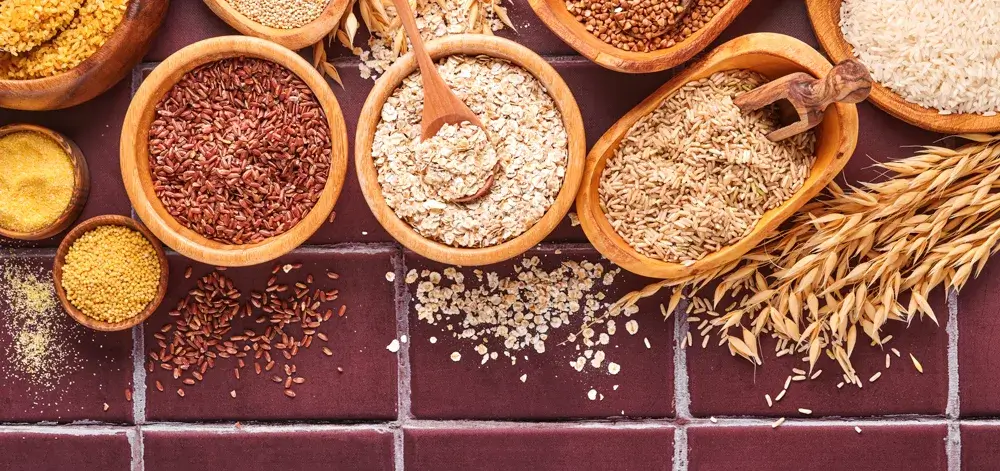
Protein
Lean proteins are among the top sources of amino acids. And amino acids play an important role in reducing your cortisol levels by helping in the production of hormones and neurotransmitters that regulate the body’s stress response.
Besides, lean protein keeps your blood sugar levels low and supports your muscle health. In fact, if you are actively working out, you should aim for 100 grams of protein daily.
A few suggestions for lean proteins I know you already enjoy are beef, fish, and legumes.
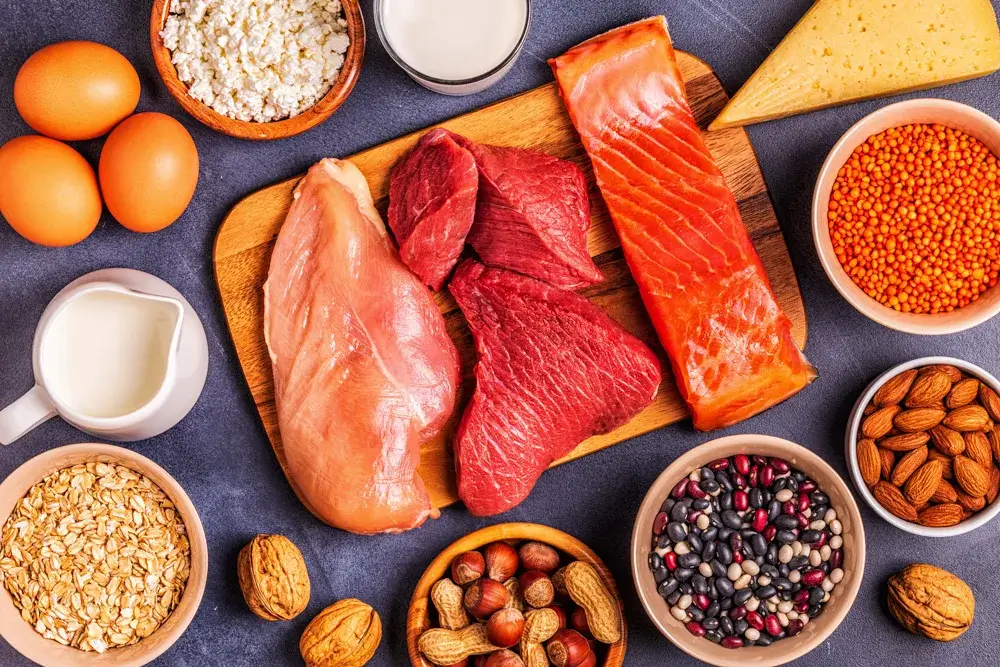
Healthy Fats
Healthy fats, particularly omega-3 fatty acids, are necessary if you are trying to lower your cortisol levels. Some popular choices include salmon, mackerel, and even sardines. Others include nuts and seeds such as walnuts, flaxseeds, and chia seeds. Here’s why we recommend omega-3 fatty acids:
- They have anti-inflammatory properties: These help reduce chronic inflammation and, by doing so, reduce body stress.
- Omega-3 fatty acids support brain health: You won’t be the same when it comes to moods and stress management.
- Contribute to satiety: This reduces snacking and overeating, which can exacerbate cortisol levels and increase weight gain associated with cortisol.
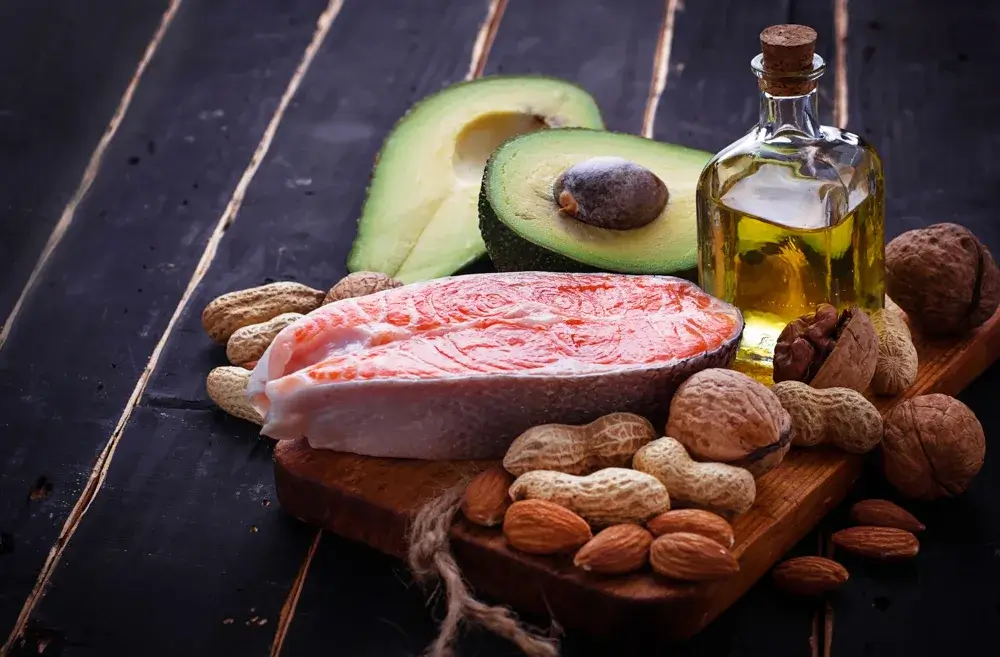
Dark Chocolate
Yes, dark chocolate is also on our list of cortisol-reducing foods! It’s a little indulgence with a calming bonus, but how so?
- Dark chocolate has cocoa, which is packed with flavonoids that reduce inflammation and improve your heart health.
- Most importantly, dark chocolate contains polyphenols, which are antioxidants that lower oxidative stress and reduce stress reactivity.
- Dark chocolate is also rich in magnesium, which helps your muscles relax, and theobromine, which gives you a sense of calm.
Remember to go for dark chocolate that has at least 70% cocoa content. And don’t overindulge. Limit yourself to one of two squares a day to avoid too much sugar and fat.

Herbal Teas
Nothing beats a calming cup of tea, and for good reason. Herbal teas reduce inflammation and increase sleep, which in turn manages or reduces cortisol. Some popular herbal teas for cortisol reduction include chamomile, lavender, green, and passionflower tea.
Herbal Teas That Lower Cortisol
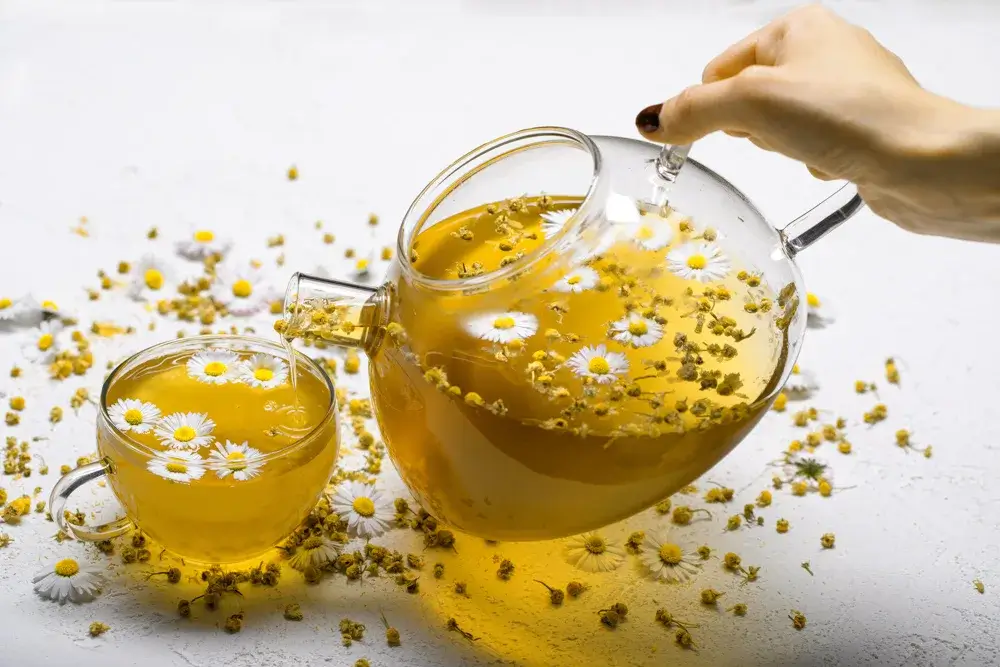
Probiotics
Probiotics are a must-have in your cortisol diet plan. They promote gut health and, subsequently, mood. Research shows gut health has a direct impact on mood through the gut-brain axis.
It is a given that a well-functioning gut leads to a more stable emotional state that lowers cortisol levels. Some popular probiotics include yogurt, sauerkraut, and kimchi.
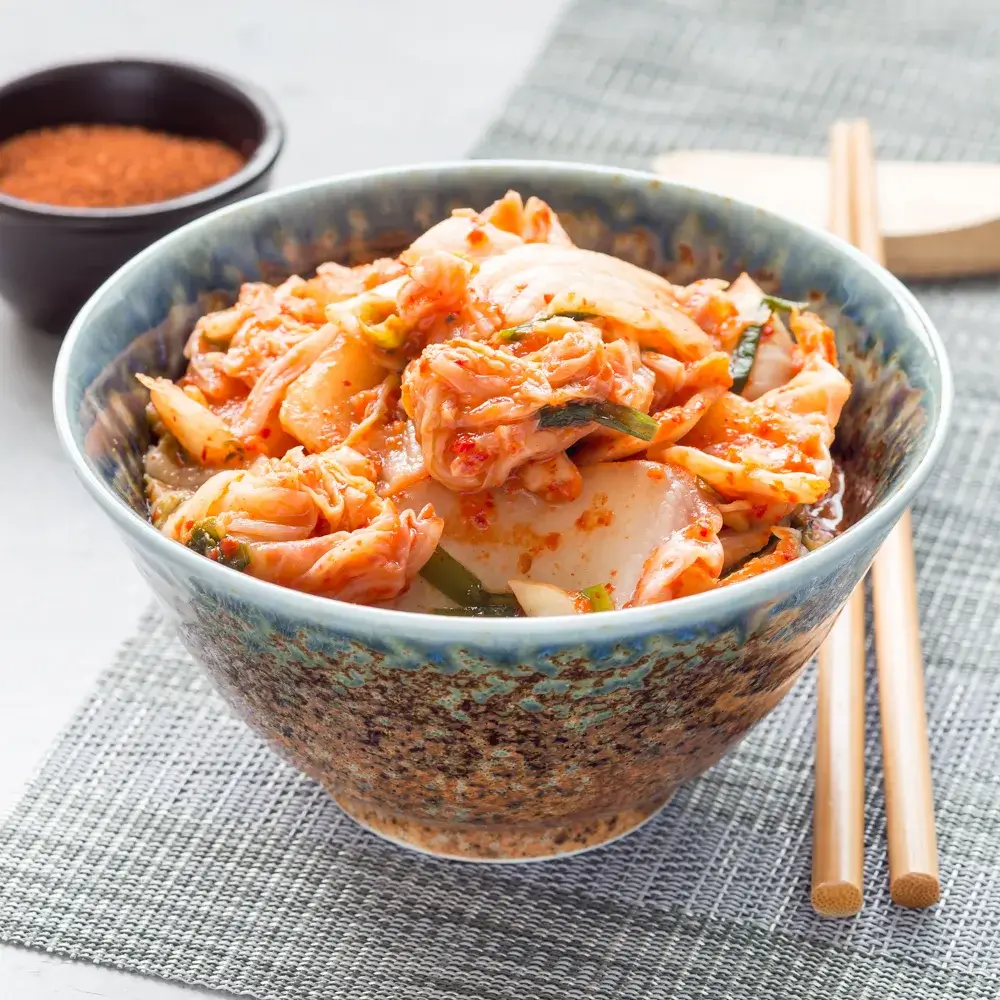
Fruits
Blueberries, strawberries, and oranges are rich in vitamin C. Vitamin C is an antioxidant that reduces oxidative stress. These fruits also contain flavonoids and fiber, which reduce inflammation and stabilize blood sugar, which subsequently lowers cortisol levels.
Bananas are also a must-have because they contain vitamin B6, potassium, tryptophan amino-acids, and natural sugar. All these individually play a huge role in reducing cortisol levels.
Finally, avocados! Being pretty popular for their fats and significant omega-3 fatty acids content, they are perfect for keeping cortisol levels in check!
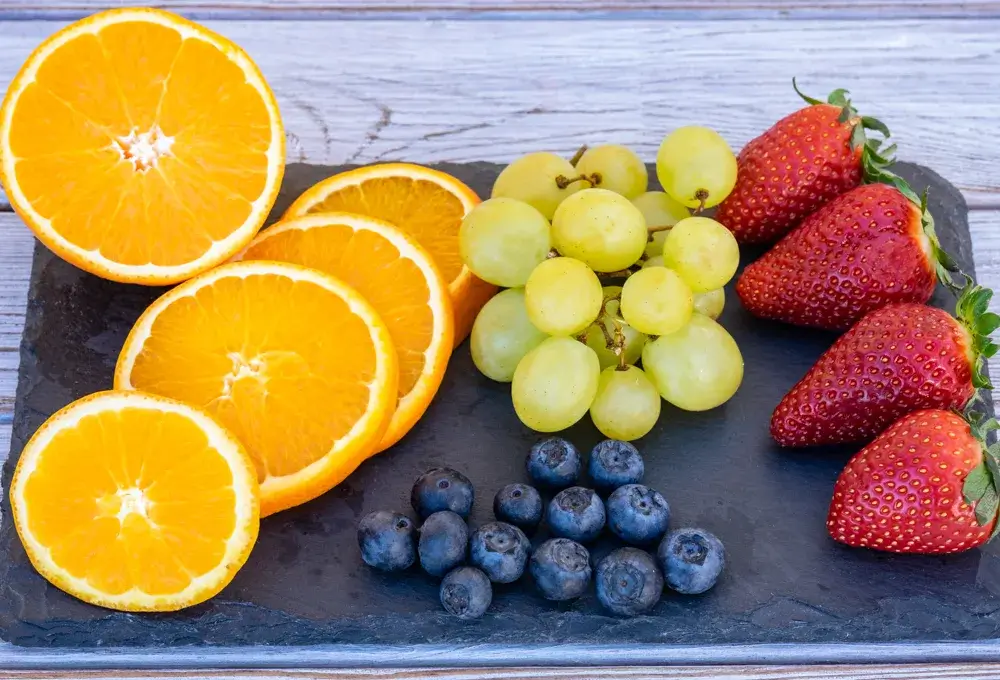
Vegetables
Vegetables, leafy greens, to be specific, have a rich nutrient content from magnesium to fiber and B vitamins to antioxidants that individually and together play a huge role in stress management.
Examples of leafy greens you should definitely add to your diet to reduce cortisol are spinach, Kale, and Swiss chard.
Cinnamon
When it comes to spices, cinnamon is my go-to. And for good reason. Cinnamon stabilizes blood sugar levels and reduces inflammation, which reduces the release and lowers cortisol, respectively.
Cinnamon extract can also increase serotonin and melatonin levels.
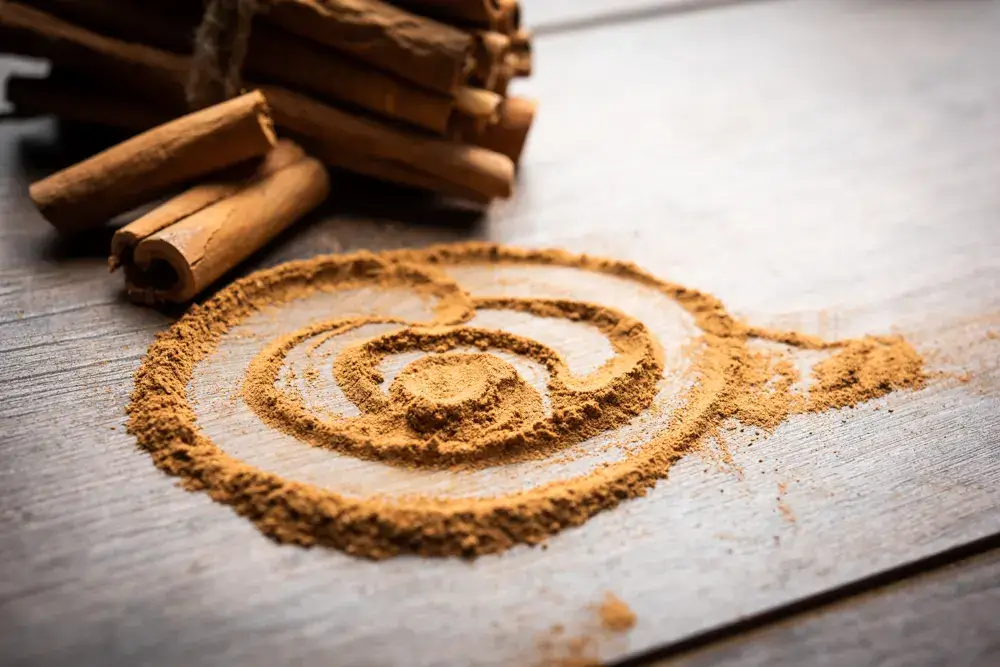
5 Science-Backed Supplements To Help Lower Cortisol Levels
Six months ago, I started being a little intentional with my diet and prioritizing cortisol-lowering foods. I have since noticed that I have more energy during the day. I no longer feel those afternoon mood slumps. At least, not as much as I used to. While I would like to think it is just the foods, I also started taking a few adaptogenic supplements that must have contributed to my upbeat energy and better sleep, I might add.
1. Ashwagandha
Ashwagandha is, simply put, magic. It’s an ancient herb that has been around for ages and has been proven to reduce cortisol levels by 30%. Ashwagandha works by calming down your body’s stress response system, known as the hypothalamic-pituitary-adrenal axis, but let’s not get too technical.
Within a week of taking it, I noticed how much of a game-changer it is. My laptop froze? No problem. Traffic jam? Meh. My WiFi cut out during my favorite show? Okay, that one still stung, but I didn’t completely overreact in rage like before!
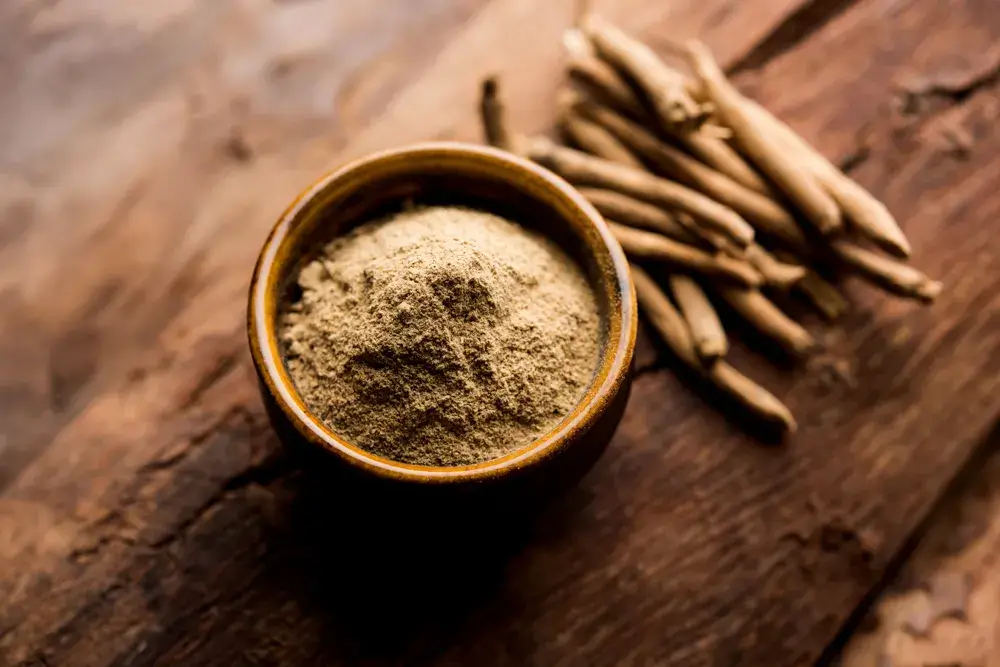
2. Rhodiola Rosea
Ever have one of those days where you stare at your screen, but your brain just refuses to work? Well, if your answer is yes, then you may just need Rhodiola Rosea supplements!
It’s known for boosting physical endurance, sharpening mental clarity, and even increasing serotonin (one of the four happy hormones). Exactly what you need to finally upgrade from all the brain fog and stress-induced fatigue.
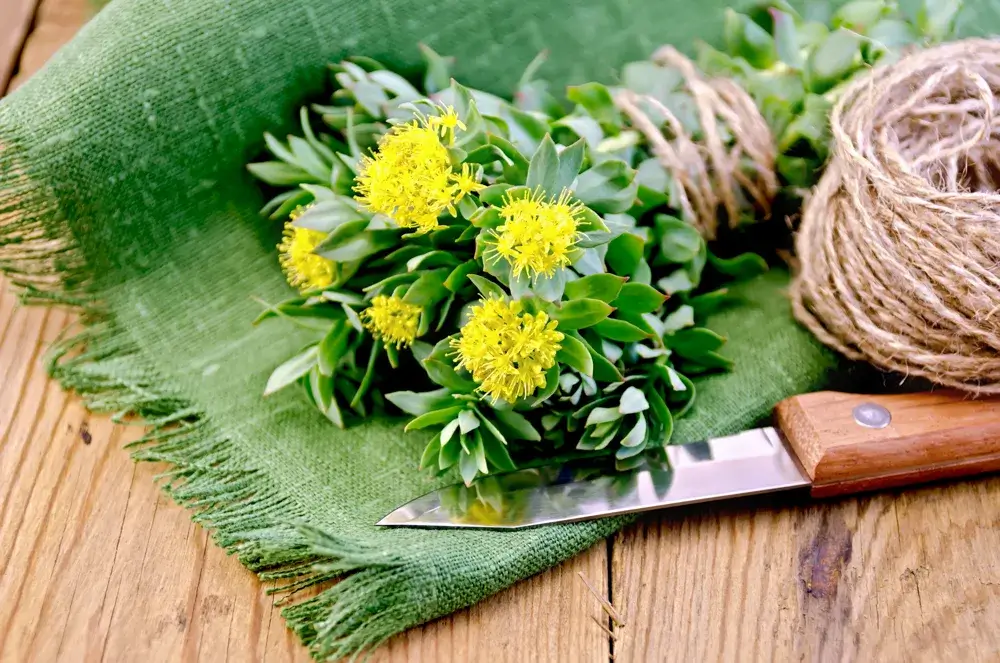
3. Magnesium
Magnesium supplements are the ultimate relaxation remedy. According to recent research, they help calm your nervous system, reduce cortisol, and make sleep 10x better. No more tossing and turning at 2 AM, overthinking everything, just a deep, glorious sleep.
4. Omega-3 Fatty Acids
Omega-3s are mostly found in fish oil and algae supplements, and they’re amazing for heart health and brain function, as well as lowering cortisol levels. When I added omega-3s to my diet, I felt more emotionally stable, less moody, less irritable, and, yes, less likely to cry over everything.
If you’re always on an emotional rollercoaster, Omega-3s is the answer for you. It is one of those supplements every woman needs in their daily routine.

5. Phosphatidylserine
Phosphatidylserine is a fat compound that supports brain health and helps regulate stress hormones.
So, if you’re feeling overwhelmed, why not let this supplement help you sleep deeper and wake up more refreshed?
RELATED: TOP TEN ADAPTOGENIC HERBS FOR STRESS, ENERGY, AND WELLNESS
Foods To Limit Or Avoid In Your Cortisol Diet
I hate to do this to you, but if you’re serious about lowering cortisol, some foods have got to go, or at the very least reduce how often you eat them.
Here’s What to Keep an Eye On in Your Cortisol Diet
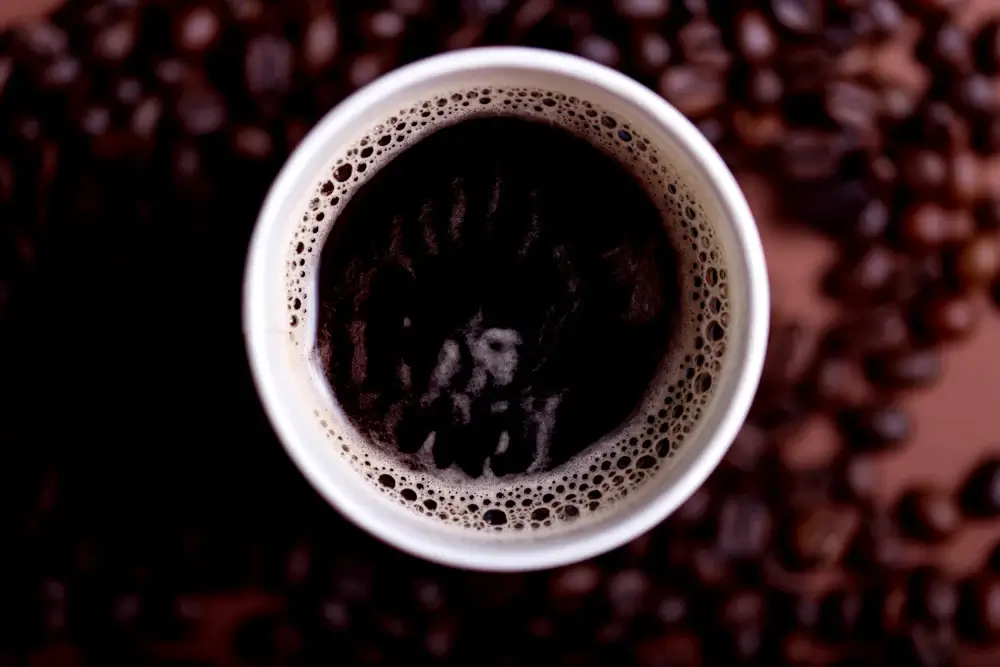
Don’t worry, though! You don’t have to quit everything. Just being mindful and making small swaps can make a huge difference.
A 3-Day Cortisol Diet Meal Plan
Don’t know where to start? Well, here’s a small Cortisol Diet Meal plan to get you started.
First Day
- Breakfast: Greek yogurt mixed with chia seeds or oats
- Lunch: Salmon quinoa salad with avocado
- Dinner: Baked chicken breast with spinach and sweet potatoes as sides.
- Snack: A handful of walnuts
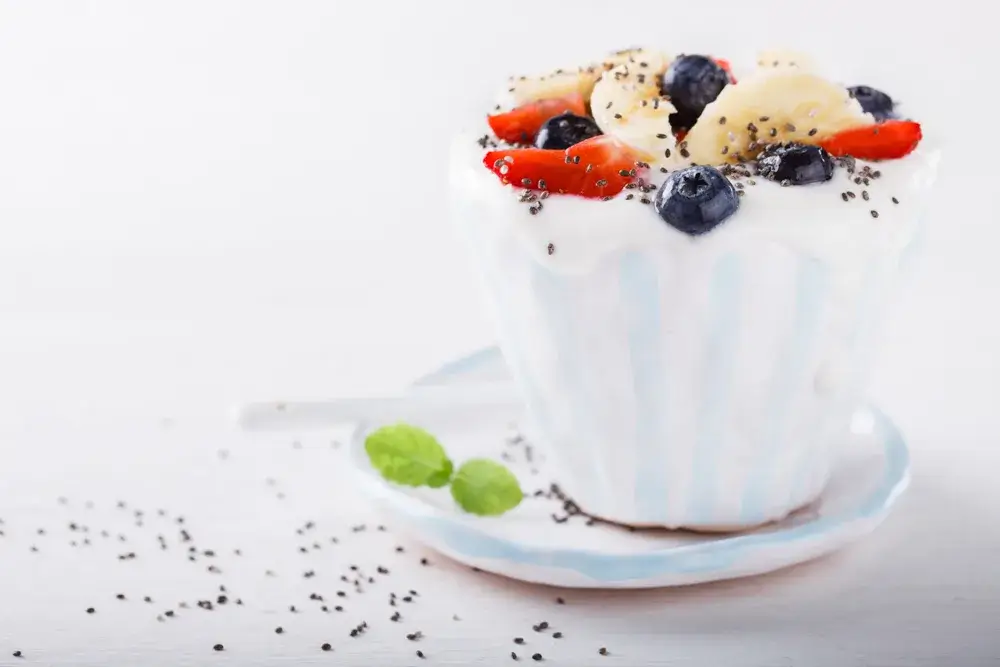
Second Day
- Breakfast: Spinach omelet and strawberries on the side
- Lunch: Lentil soup with cucumber slices
- Dinner: Turkey burgers with roasted veggies
- Snack: Sliced orange drizzled with honey

Third Day
- Breakfast: Berry smoothie with spinach and almond butter
- Lunch: Tuna lettuce wraps with cherry tomatoes
- Dinner: Whole grain pasta topped with grilled tuna.
- Snack: Dark chocolate square
Habits to Support Lower Cortisol
Unfortunately, food is only part of the answer. If you really want to win against stress, you’ve got to build the right habits. Here are a few simple lifestyle tweaks to help you on your cortisol-lowering journey.
- Meditation & Deep Breathing: Just five minutes can do wonders. I like to do it in the morning as part of my mindful morning routine because it helps set the tone for a calm, focused day.
- Gentle Exercise: I used to force myself through hardcore workouts five days a week, but now? I sometimes switch things up a bit and do some yoga, somatic exercises, long walks, and dancing!
- Better sleep patterns: Sleep is your secret weapon. I ditched late-night screens, started reading before bed, and created a wind-down evening routine. The difference? Better energy during the day.
- Digital Detox: Put your phone down and give your brain a break. Don’t be afraid to socially reconnect by going on lunch dates, cute coffee dates, or anything fun you might prefer. Spending quality time with friends and family is a great source of therapy.

Take-Away?
Stress is always going to be a part of life. But the good news? You don’t have to let it control your life.
Start small. Add a supplement, tweak your meals, and take a deep breath. Every little step counts. And when you start noticing those changes, better mood, more energy, and deeper sleep celebrate it!


